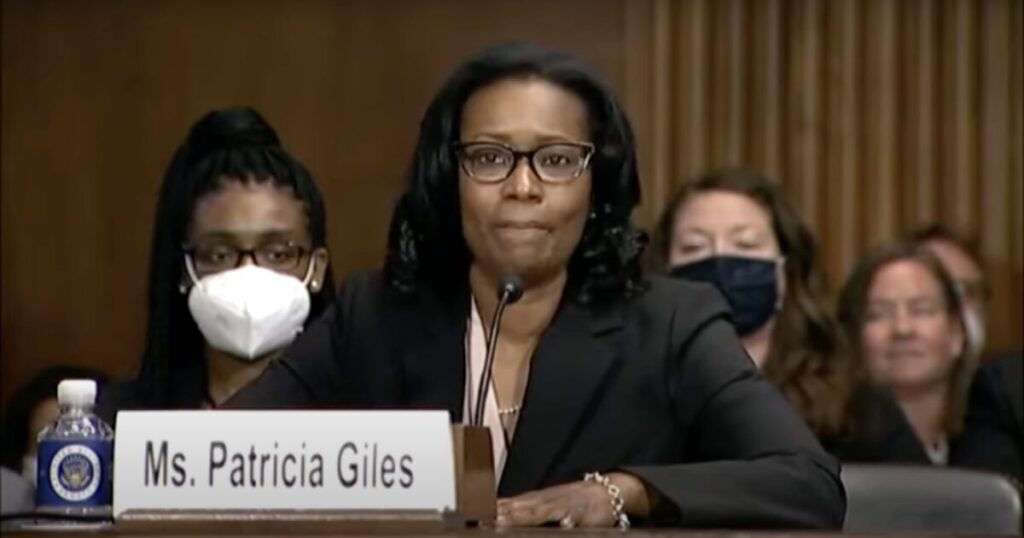In a recent ruling, U.S. District Judge Patricia Tolliver Giles, a Biden appointee, ordered Virginia to reinstate over 1,600 individuals who were removed from the state’s voter rolls—a decision that has raised questions about election integrity and the potential for voter fraud in Virginia. This ruling comes just 11 days before the general election, prompting immediate action from the state. Virginia has responded by filing for an emergency stay with the U.S. Supreme Court, seeking to halt the judge’s order, emphasizing the urgency given the proximity to Election Day. Chief Justice John Roberts has requested a response to Virginia’s emergency stay request by a deadline, highlighting the importance and urgency of the situation.
The backdrop of Judge Giles’s ruling is a lawsuit filed by the Justice Department against Virginia. The suit targets Virginia’s procedures for removing non-citizens from its voter rolls, particularly those actions deemed too close to the upcoming elections, which could violate the National Voter Registration Act (NVRA) of 1993. According to the DOJ, the NVRA includes a provision known as the “Quiet Period,” which restricts states from systematically removing voters less than 90 days before a federal election. The intent of this provision is to minimize the risk of disenfranchising eligible voters by imposing strict timelines on voter registration updates.
Assistant Attorney General Kristen Clarke emphasized the significance of the NVRA’s Quiet Period, arguing that Virginia’s actions potentially jeopardize the voting rights of qualified voters and create confusion among the electorate. Clarke’s statement underscores the fundamental principle of preserving the right to vote, which is viewed as a cornerstone of democracy in the United States. The Justice Department’s lawsuit seeks to ensure that the removal of names from voter registration lists adheres to this legal framework and does not unjustly impact eligible voters.
Governor Glenn Youngkin of Virginia, a Republican, has voiced strong objections to the Justice Department’s lawsuit, arguing that the state’s procedures for maintaining voter rolls are legitimate and necessary for election security. Youngkin’s administration has implemented various election security protocols, especially ahead of the 2024 election, to prevent potential fraud. He contends that the efforts to ensure that the voter rolls are accurate and reflect individuals’ citizenship status have been longstanding and historically supported by both parties.
Meanwhile, Virginia’s Lieutenant Governor, Winsome Sears, has revealed troubling findings regarding the state’s voter rolls. In an interview, she stated that there are over 6,000 individuals who have identified themselves as non-citizens enrolled in the voter rolls, along with instances of deceased individuals remaining on the rolls since as far back as 1960. This statement resonates with concerns regarding the integrity and accuracy of voter registration lists, fueling the debate over what constitutes acceptable practices in managing these lists and ensuring only eligible voters can participate in elections.
In summary, the conflict surrounding the reinstatement of over 1,600 voters removed from Virginia’s rolls encapsulates important legal and ethical dilemmas about election integrity, citizenship verification, and voters’ rights in the U.S. with significant implications leading into the elections. The juxtaposition of legal action by the DOJ and state-level efforts to enhance election security presents a complex scenario, wherein both federal and state interests are at play, ultimately affecting the democratic process in Virginia and potentially setting precedents for future electoral disputes. The outcome of Virginia’s appeal to the Supreme Court may have far-reaching implications for voter registration practices and election management across the country.

